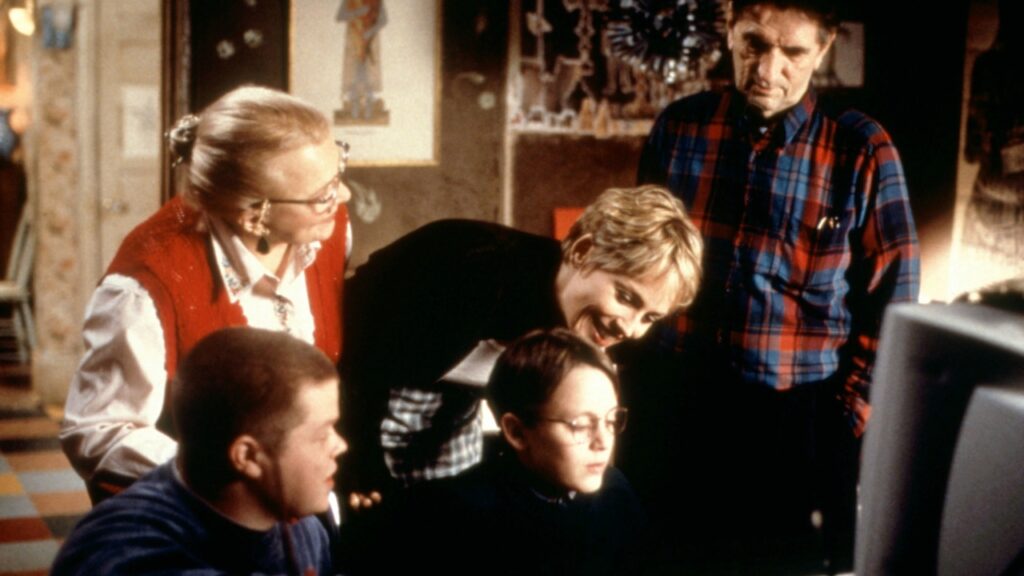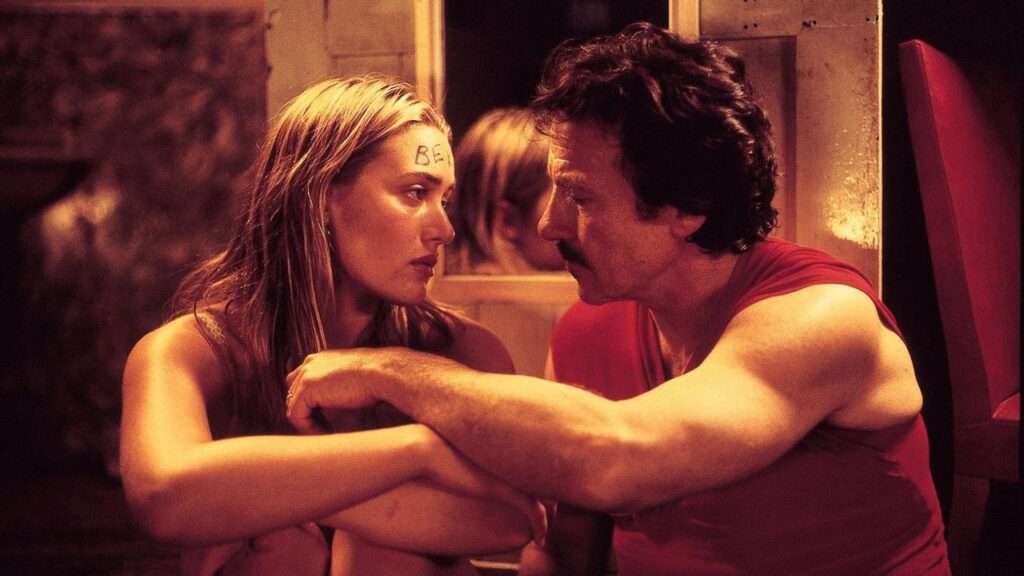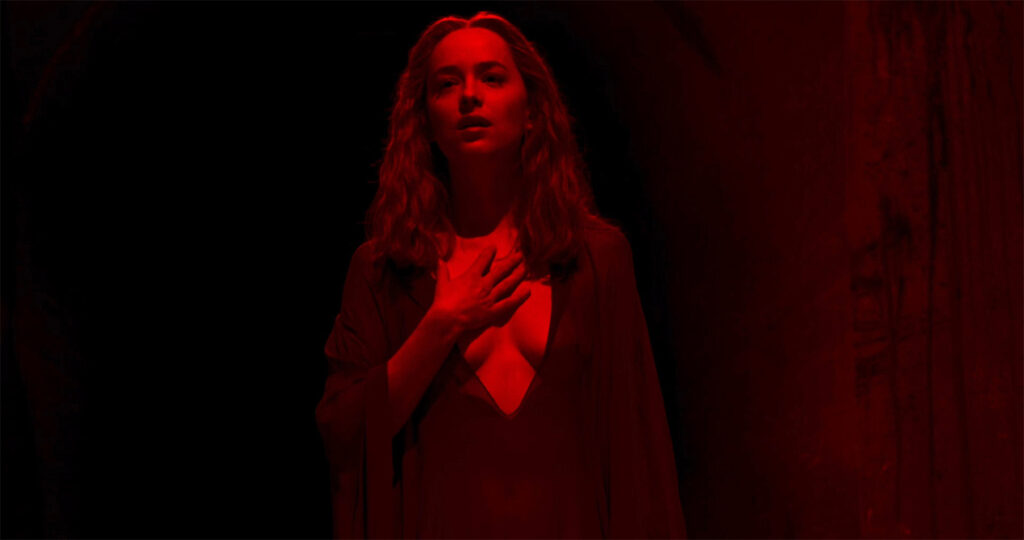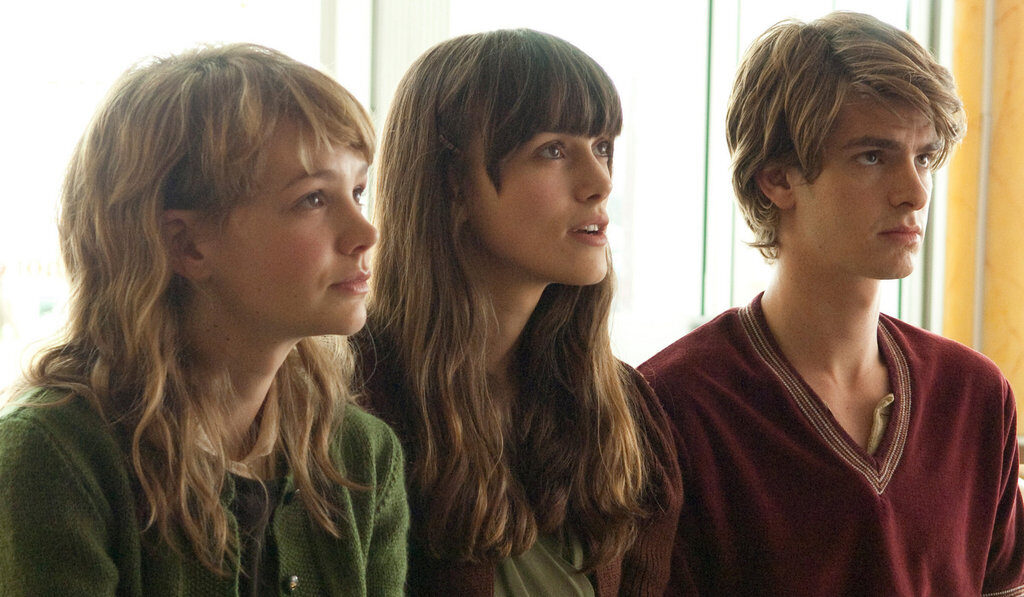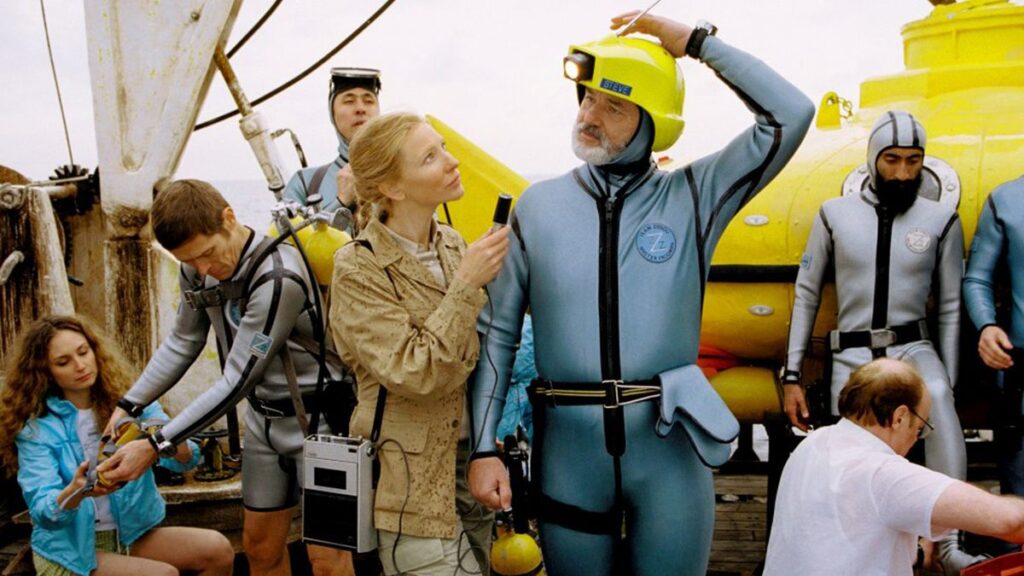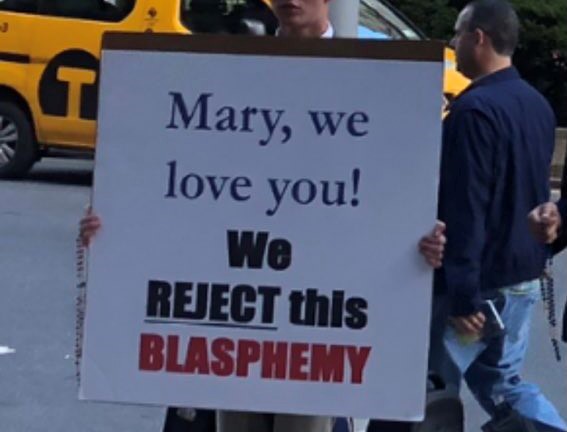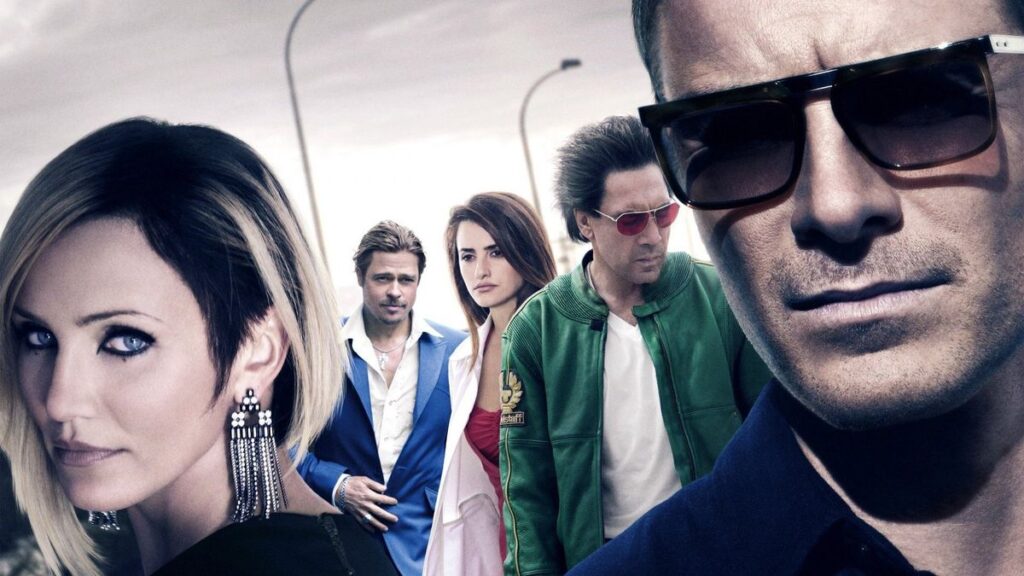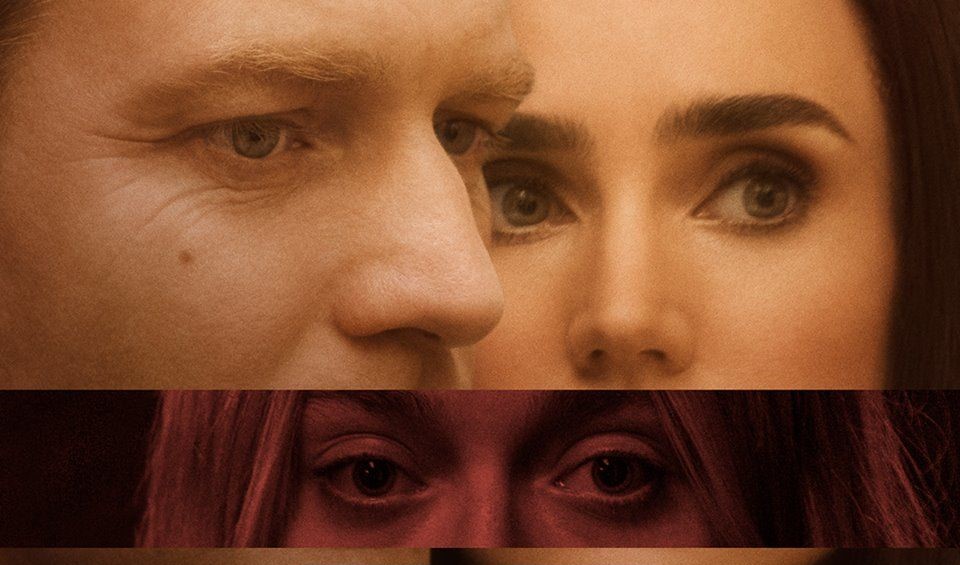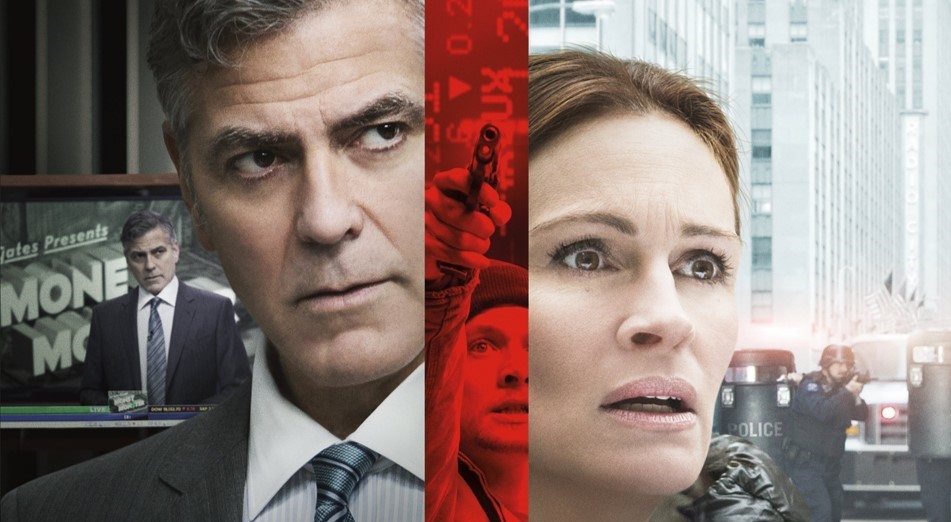
Our Thanksgiving tradition continues this year, with Vanity Fair’s Katey Rich joining us as a guest, this time to talk about quickly forgotten prestige thriller Money Monster. Premiering out of competiton in 2016 at the Cannes Film Festival to middling reviews but embarrassing no one involved, the film stars George Clooney as a cable news financial guru, Julia Roberts as his beleagured producer, and Jack O’Connell as the man holding their studio hostage after the show’s financial advice ruins his life. Directed by Jodie Foster, the film is a strange artifact of the immediately-pre-Trump moment that misunderstands the Occupy Wall Street and fails to capitalize on its star power.
Despite the presence of the headliners reuniting post-Ocean’s, the film is perhaps most interesting as a footnote in the few years when Jack O’Connell was poised to be the next big thing. We look back at O’Connell’s roles while also discussing Catriona Balfe’s role here as Belfast primes an awards run this year, Clooney’s few acting roles in recent years, and Foster’s directorial career.
Topics also include Pat Kiernan NY1 movie cameos, Dominic West getting meme-ified, and the ghosts of Flora Plum.
Follow Us on Twitter!
@Had_Oscar_Buzz
Joe: @joereid
Chris: @chrisvfeil
Katey: @kateyrich
Podcast: Play in new window | Download
Subscribe: Google Podcasts | RSS

